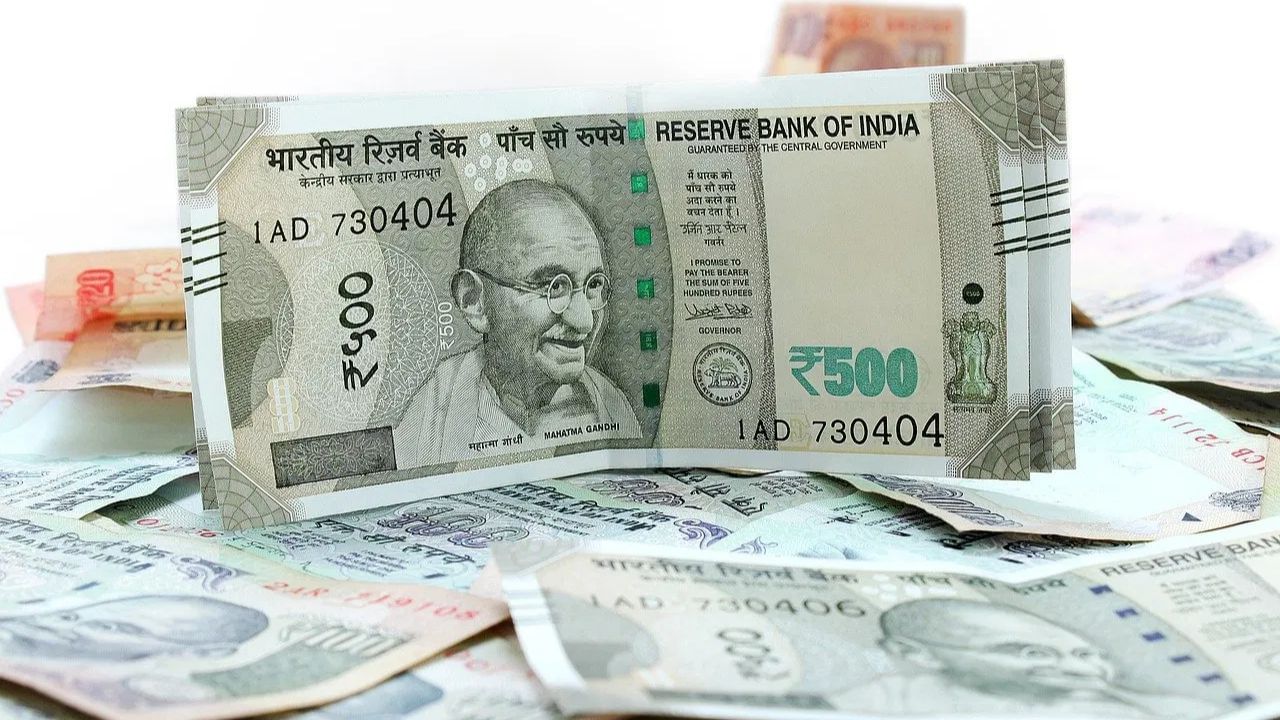New Delhi: In a surprising turn of events for Indian telecom users, telecom companies in India have expressed their concern over the new rules of the Telecom Regulatory Authority of India (TRAI).
The new TRAI rules, which are expected to get implemented from November 1 are framed for mandating the traceability of transactional and service messages sent by banks, e-commerce platforms and other financial institutions. Also, the telecom companies will have to block any message which has any disturbance in the chain of sending.
In response to the TRAI rules, the Telecom companies have said that many key institutions (PEs) and telemarketers are not yet ready to comply with them and therefore, and the delivery of OTP and other important messages may be disrupted from November 1.
Earlier this year in August, TRAI had instructed telecom companies to mandatorily track messages sent by banks and other institutions.
Telecom companies are prepared to implement new rules starting from November 1st, but many telemarketers and major institutions (PEs) need more time to adjust their systems. PEs have requested a two-month extension to complete these changes. If granted, all parties will be ready to comply with the new rules without interrupting message delivery.
International Incoming Spoofed Calls Prevention System
Launching the ‘International Incoming Spoofed Calls Prevention System’, Union Minister of Communications, Jyotiraditya Scindia, said this is another government effort towards building a safe digital space and protecting citizens from cyber-crime.
Indian telecom subscribers should see a significant reduction in such spoofed calls with +91 numbers with implementation of this system. Cyber criminals have been committing crimes by making international spoofed calls displaying Indian mobile numbers (+91).
TRAI identifies new scams
These calls appear to be originating within India but are actually being made from abroad by manipulating the calling line identity (CLI) or commonly known as phone number. These spoofed calls have been used for financial scams, impersonating government officials and creating panic.
As the world becomes increasingly interconnected, cybercrimes are on the rise, and digital arrest and other online scams are emerging as a new threat.
These scams have a certain modus operandi where the fraudsters impersonate as officials of the law enforcement agencies and use video calls to convince victims that they are involved in criminal activities and hence accountable to the law. Fearing action, they give in to the hollow threats of these scammers.





